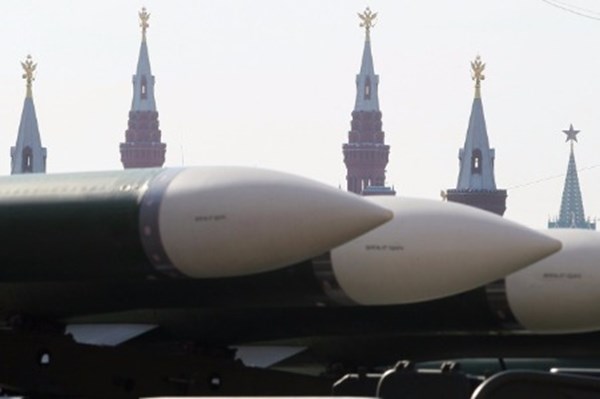Russia considers changing conditions for use of nuclear weapons
Participants in the round table of the Russian Federation Council’s Defense and Security Committee have advised the Russian Security Council to update its conditions for the use of nuclear weapons, Deutsche Welle reports, citing the Russian news agency RIA Novosti.
“The interdepartmental commission of the Security Council of the Russian Federation on military security proposes that the following matters be considered: the drafting of a new version of ‘Basis of the Russian Federation’s policy in the area of nuclear deterrence’, including the definition of the conditions of the Russian Federation’s transition to use of nuclear weapons, and deciding on response actions when an enemy uses hypersonic weapons or other types of strategic nuclear weaponry,” the decision states.
The round table participants also consider it necessary to work on a draft of “The national military strategy of the Russian Federation”.
In response to questions from members of the international Valdai Club, Russian President Vladimir Putin said that Moscow will only use nuclear weapons if it is convinced that a potential aggressor is going to attack. Putin also said that, in the event of a nuclear war, Russians will go to heaven, but everyone else will “just die”.
At the time, CNN reported that Russia had been upgrading its nuclear bunkers in Kaliningrad.
In March, Putin devoted a significant portion of his annual address to the Federal Assembly to a presentation of Russia’s new weapons. He said that Russia has created and successfully tested a new nuclear-powered cruise missile which has “unlimited range and an unpredictable flight trajectory”.
During his speech, Putin showed a 3D video of the launch of a Sarmat ballistic missile, which is equipped with a system to bypass anti-missile defenses. The Russian president accused the US of setting up anti-missile defense systems throughout the world, and said that the Russian defense industry is not “staying in one place”, and is inventing ways to bypass these systems.
